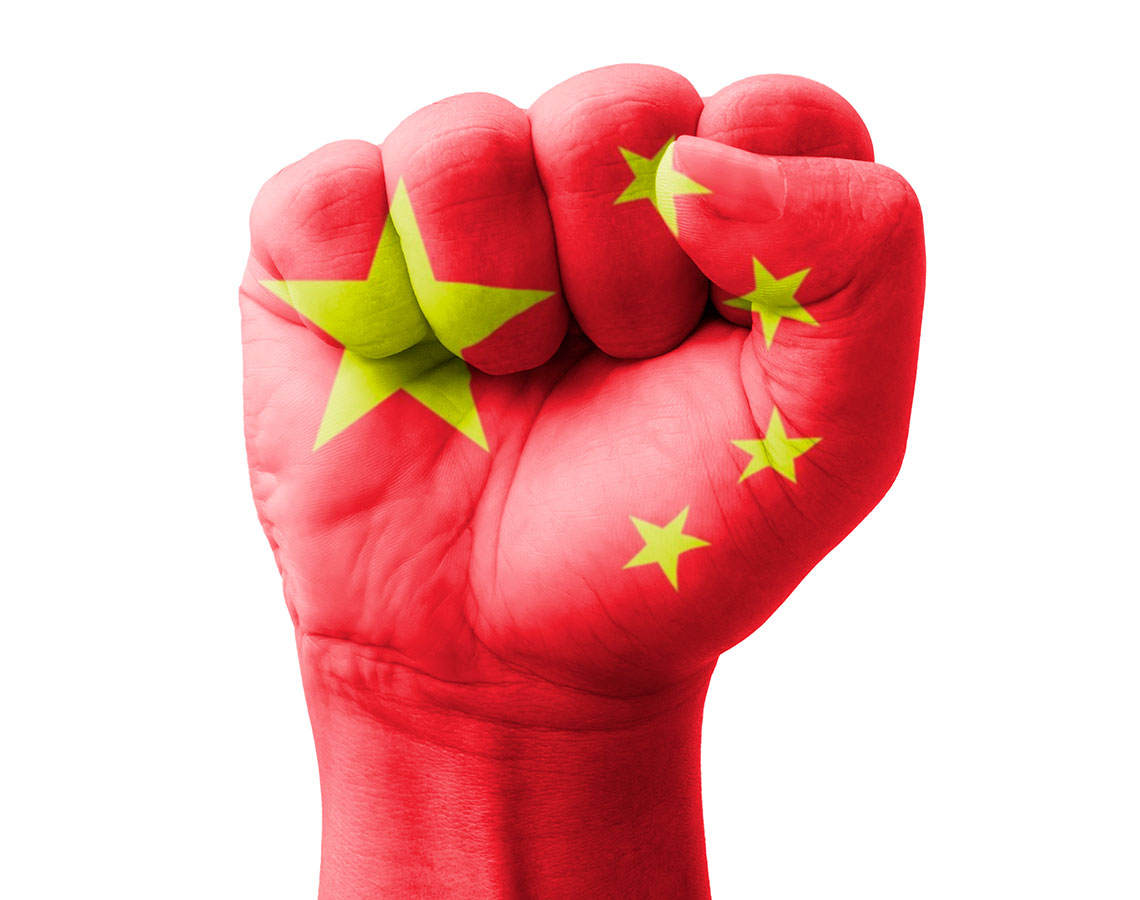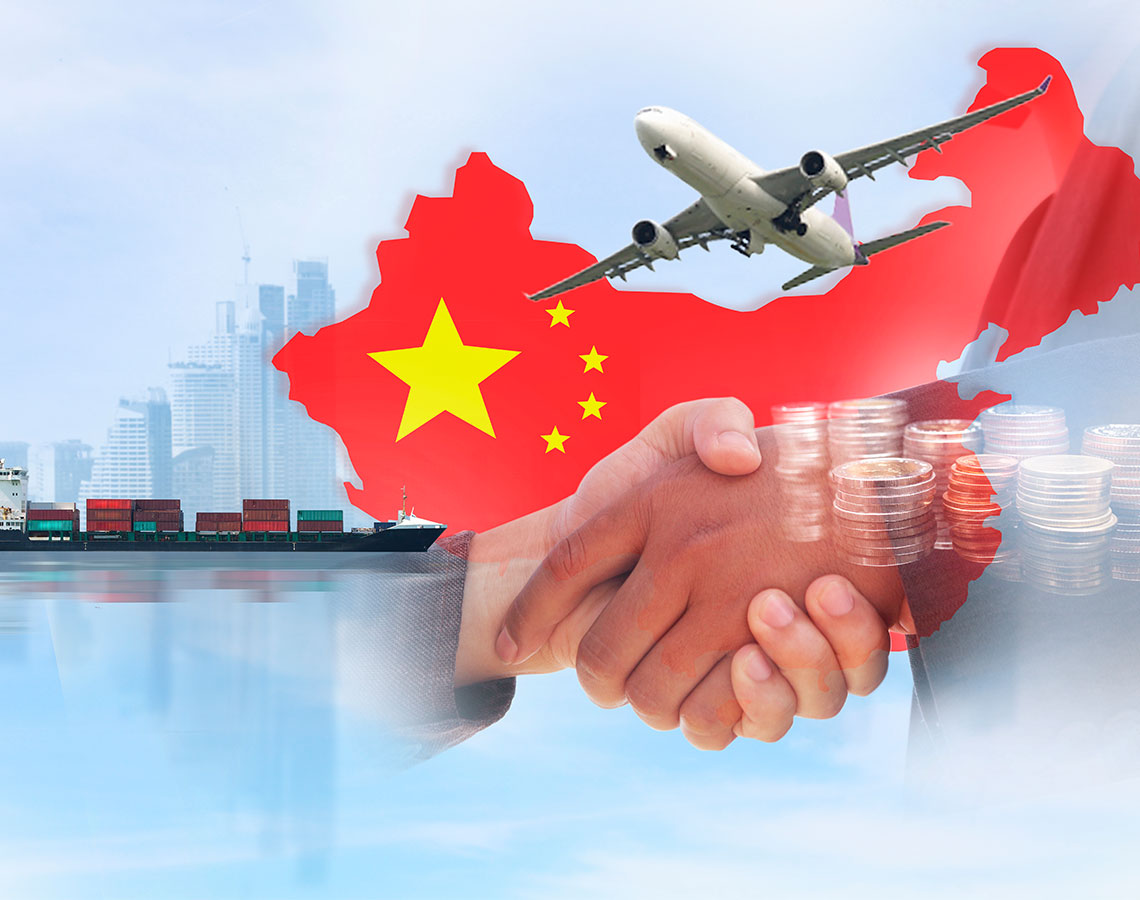As of the beginning of 2020, with more than $10 trillion debt held at negative interest rates and an unusually large amount of additional new debt soon to be sold to finance def-icits, we are shifting towards the end of a long term debt cycle. This is comparably similar to the period that came after the roaring 20s, with huge wealth and value disparities which lead to the social and political conflicts in the period between 1930 and 1945, and resulted in the establishment of a new world order. Now 75 years later, we are again at the end of a long-term debt cycle where a deep economic and debt contraction is producing income and balance sheet holes for people, companies, nonprofit organizations, and govern-ments. This is happening simultaneously as politically fragmented central governments are struggling and a rising world power is competing with the leading world power in areas of trade, technology development, capital markets, and geopolitics. So who will surge as the leading dominant power in this new world order?
Prior to the outbreak of COVID-19 China was already a rising world power challenging the overextended existing world power of the US. Since its unification as a single political en-tity in 221 B.C. China has been on its complex journey from ancient civilisation through classical empire, to Communist revolution and modern great-power status. For the first time in the last 50-100 years, the United States is encountering a rival power. China has become a competitive power to the United States in a number of ways and is growing at a faster rate than the US. If trends continue, it will be stronger than the United States in most of the important ways that an empire becomes dominant. Huge global economic and geopolitical shifts are taking place, especially in China. Its excellent capabilities and histor-ical perspectives have led China to become an effective competitor with the US in produc-tion, trade, technology, geopolitics, and world capital markets.
When the richest get into debt by borrowing from the poorest, it is a very early sign of a relative wealth shift. For example, in the 1980s, when the US had a per capita income that was 40 times that of China’s, it started borrowing from Chinese who wanted to save in US dollars because the dollar was the world’s reserve currency. This was an early sign of that dynamic beginning. Similarly, the British borrowed a lot of money from its much poorer colonies, particularly during WWII, and the Dutch did the same before their top, which con-tributed to the reversals in their currencies and economies when the willingness to hold their currency and debt suddenly fell.
With the Chinese Yuan becoming the 4th most used currency in the world, rising from the 13th place in just three year surpassing Japanese Yen, Canadian Loonie and Australian dollar and becoming a reserve currency in November 2015, Chinese leaders are making it easier to trade the Chinese Yuan in foreign exchange markets as they open up trading hubs in Singapore and London, allowing easier foreign direct investment. More recently, as China embraces a cashless society with completely integrated e-commerce and retail payment systems through Alipay and WeChat Pay, China’s central bank began working on its digital currency. With critical pillars like artificial intelligence, blockchain technology, and digital-payment platforms already in place, it aims to use the digital currency to secure its financial autonomy and assert itself on the global scale. To end the hegemony of the US dollar, it’s possible that China could start providing its digital currency technology to less-developed countries, leading to the Chinese Yuan becoming a more dominant reserve currency worldwide. China will begin trialling payments in its new digital currency in 4 cit-ies and the plan is to introduce it as one of the preparatory programmes for the 2022 Win-ter Olympics.
With China’s long term plan to shift from a command economy to a mixed economy, and its economic reform “Made in China 2025”, advancement in technology, specifically big data, aircraft engines, and clean energy is highly anticipated. China’s reform will shift the economy from one based on government spending, state-run companies, and low-cost exports and moves it towards private investment, entrepreneurial innovation, and domestic consumption. The government will loosen price controls on water, electricity and natural resources. Companies in these industries can consolidate and become larger. But they must become profitable. They will also be listed on China’s stock market to hold them ac-countable. In return, they will pay 30 percent of earnings as dividends to the government. Proceeds will be used to fund social security programs by 2020, allowing the Chinese people to save less, spend more, and boost demand. Throughout history, China has been an important acting force and it will likely be even more important in the future.





